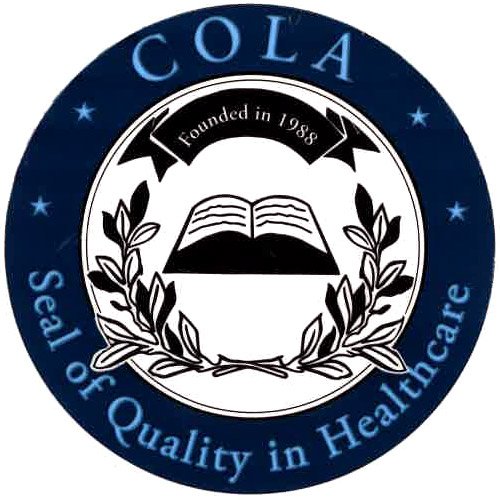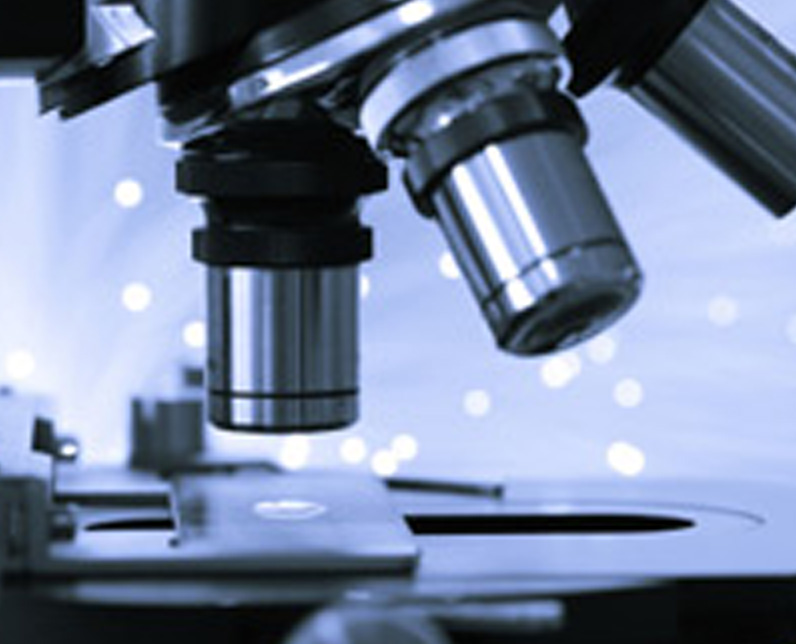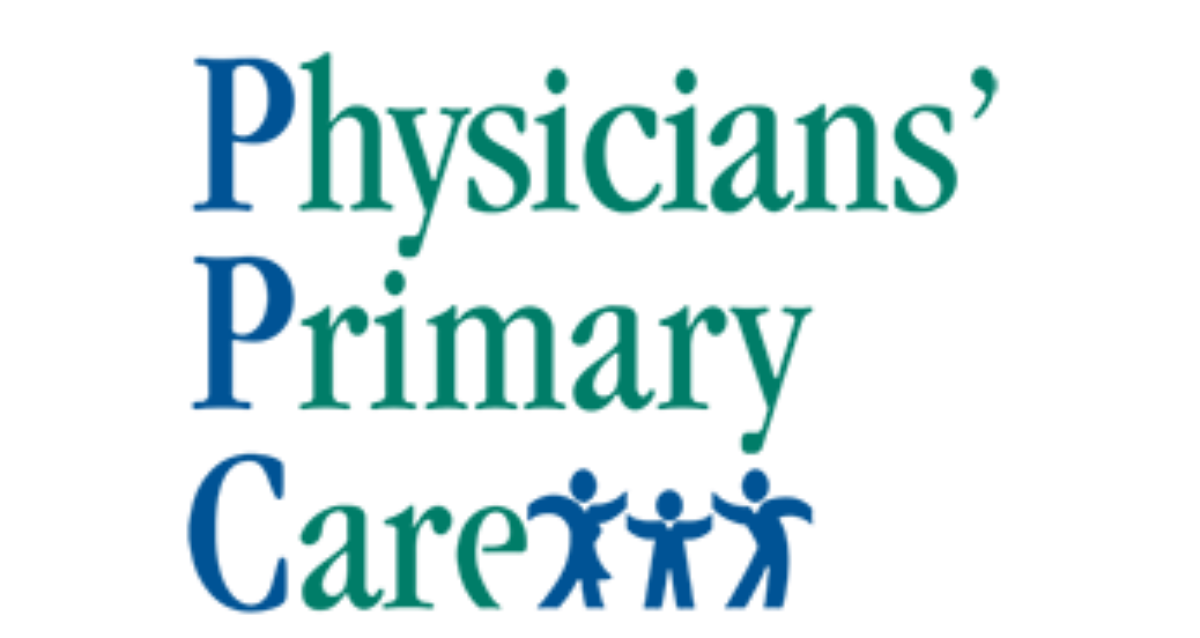Services

Services
Laboratory Services

Physicians' Primary Care maintains a full service (COLA accredited) laboratory
for the convenience of our patients at our 1265 Viscaya Parkway office in Cape Coral.
We offer phlebotomy services in many of our physician offices.
At our Main Lab in Cape Coral, patient appointments are available from 6:15 a.m. to 5:00 p.m., Monday through Friday. If instructed to fast before your appointment, please do not eat or drink anything, except water, after midnight.
Once completed, tests are communicated directly to our physicians via our electronic medical record system.

List of Tests Performed at PPC Lab
- Neonatal Bilirubin
- Hematology: Complete Blood Counts including Automated Differentials. Peripheral Smear review when indicated, Manual Differentials when indicated and Sedimentation Rates
- General Chemistry: Lipid Panel, Hepatic Panels, Diabetic Testing that includes Plasma Glucose and A1C. Both Comprehensive and Basic Metabolic profiles
- Immunology: Hormone testing that includes, Human Growth Hormone(HCG), Testosterone, Intact Parathyroid Hormone(iPTH). Thyroid testing to include, Thyroid Stimulating Hormone (TSH), Free T4 and Total T4. Prostate testing that includes both Total PSA and Free PSA. Vitamin B12 and Folate as well as Ferritin testing
- Microbiology: Strep A cultures
- Screening Tests: Mononucleosis, Pregnancy, Rapid Strep, Rapid Flu, Occult Blood
- Urinalysis: Complete Urinalysis with Microscopic Evaluation. Wet Mounts and KOH Preparations to help in the diagnosis of vaginitis and vulvitis
- Pediatric Lead Testing
- Rapid detection of SARS-CoV-2 (COVID)
Preparing for Your Test
- For cholesterol and glucose tests, you must fast for at least 8 hours prior to having your blood drawn, unless your doctor tells you otherwise. Fasting means no eating or drinking for at least 8 hours before the test, except water. After your blood is drawn, you may resume your regular diet.
- Drink plenty of water before your blood test. This helps keep your blood pressure from dropping. The leading cause of fainting and dizziness during a blood test is a drop in blood pressure. Avoid coffee or other caffeinated drinks before your test because they actually cause your body to expel water.
- Unless fasting is required for your testing, eat breakfast to help keep your blood sugar up. This will help you feel better after your blood draw and help prevent lightheadedness and dizziness. If you think you might be nauseous during the blood draw don't eat immediately before your appointment.
- For patients who consume a supplement with a high dose of biotin like Vitamin B7, Vitamin B8, Vitamin H, or Coenzyme R, it is recommended that patients stop biotin consumption at least 72 hours prior to their scheduled laboratory appointment
- If you take a blood-thinning medication, such as aspirin, heparin or Coumadin (warfarin), tell the phlebotomist about these medications before your blood is drawn. After your blood is drawn, the phlebotomist will closely observe the puncture site to see that bleeding has stopped before you leave the collection location.
- Relax. If you are anxious about what is going to take place, ask the person drawing your blood to explain everything he or she is doing.
- Eat a snack after you have your blood drawn. Take a snack with you, that way you can eat it directly after the blood draw if you are prone to blood sugar issues.
- The bandage can be removed after an hour. Don’t immediately use the arm that had the venipuncture for any heavy lifting. If the area does bleed, apply slight pressure until the bleeding stops and apply a new bandage. Bruising may occur at the blood draw site. Do not worry if this happens unless it is excessive.


